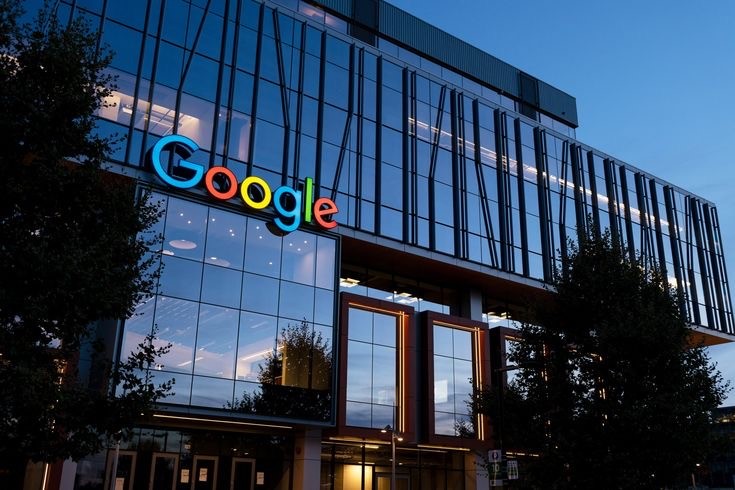In the era of all things digital, a handful of tech titans cast colossal shadows across the technological terrain, commanding an unparalleled dominion of power and influence. Behemoths such as Amazon, Apple, the entity now known as Meta (formerly Facebook), Google, and Microsoft have ascended to the stature of global juggernauts, wielding the capability to mould our existence, economies, and societies in ways profoundly profound. While their groundbreaking innovations have, without a doubt, reshaped the global landscape, an ever-mounting consensus contends that these giants have metamorphosed into contemporary Goliaths, urgently warranting the imposition of stringent regulations.
One needs to become fully immersed in the massive scope of these tech behemoths’ influence in order to comprehend their enormous proportions. E-commerce has evolved into a daily reality thanks to Amazon, which has changed the basic foundation of how we shop. Apple has led a revolution in personal computers, mobile technology, and entertainment, forever changing how we access knowledge and entertainment. Google has cemented its identity as the global standard for internet search, while Facebook, reincarnated as Meta, has painstakingly reshaped the terrain of social interaction. The Windows operating system from Microsoft, a steadfast fixture for decades, has woven itself into the fabric of personal computing.The scale of their ubiquity is nothing short of stupefying, granting them an exalted dominion over the realms of information, commerce, and communication.
These tech giants have an enormous influence over how the public discourse is shaped. Under the control of organisations like Meta, social media platforms leave a lasting impression on public opinion and can be used as a breeding ground for false information. The role that social media played in spreading untruths and conspiracy theories during the turbulent 2016 U.S. presidential election served as an example of the scope of this authority. The algorithms used by these corporate entities are skilled at amplifying content that divides people in order to increase participation, which frequently results in echo chambers and the polarisation of societies.

The internet giants have gained notoriety for their rapacious data harvesting methods, which have caused legitimate concerns about the value of individual privacy. They build up enormous databases of user information, frequently without express permission, and use it to target their advertisements. Particularly Google, which diligently monitors every digital trace we leave behind, has an almost all-pervasive presence in our digital lives. These monitoring tools lay the seeds of a dystopian environment where each click and preference is scrupulously preserved.
They have a stranglehold on the competitive scene, which is the most obvious dilemma that arises. A stifling of innovation has resulted from the tech behemoths’ use of their enormous resources to acquire or eliminate potential rivals. Allegations have been made that Amazon’s business practises abuse its dominance in e-commerce and destroy small-scale companies. Due to its strict regulations, which discourage competition and innovation, Apple’s App Store has been the subject of antitrust investigation. While this is happening, claims of anti-competitive behaviour have been made in relation to Google’s monopolistic dominance in the search and advertising sectors.
The magnitude and sway that these corporate titans wield bequeath them an unparalleled economic hegemony. Amazon, in particular, has attracted considerable apprehension, notably concerning its labor practices and its capability to unilaterally dictate terms to suppliers. The tech giants have progressively morphed into the gatekeepers of the digital economic sphere, a development that has the potential to erode economic diversity and propagate monopolistic conduct.

A firm reaction is required to the dominance claimed by the tech companies. The call for regulation resonates with the quest of equilibrium rather than signalling the stifling of innovation or a barrier to economic advancement. It stands for the need to protect consumer privacy, promote fair competition, and make sure these powerful corporations are held accountable for their actions. It perfectly captures the need to restrain their unrestrained power to sway public opinion and unilaterally determine the direction of entire sectors.
A firm reaction is required to the dominance claimed by the tech companies. The call for regulation resonates with the quest of equilibrium rather than signalling the stifling of innovation or a barrier to economic advancement. It stands for the need to protect consumer privacy, promote fair competition, and make sure these powerful corporations are held accountable for their actions. It perfectly captures the need to restrain their unrestrained power to sway public opinion and unilaterally determine the direction of entire sectors.
The technological behemoths have unfolded into colossal beings, their influence permeating the very fabric of our life and displaying a tapestry that is yet only beginning to be understood. Their domination goes beyond the limitations of traditional technology, leaving a permanent mark on all facets of our life. The dominion they wield, whether through disconcerting data privacy quandaries, the propensity for monopolistic practices, or the aptitude to choreograph the course of public discourse, beckons an exigent call for regulation. This isn’t a clarion for their obliteration but rather a plea for their alignment with the collective values of society, thereby sculpting a digital future that reverberates with the echoes of equity, innovation, and personal privacy. The clarion for regulation resounds now, with an urgency not to be ignored.
Sources




